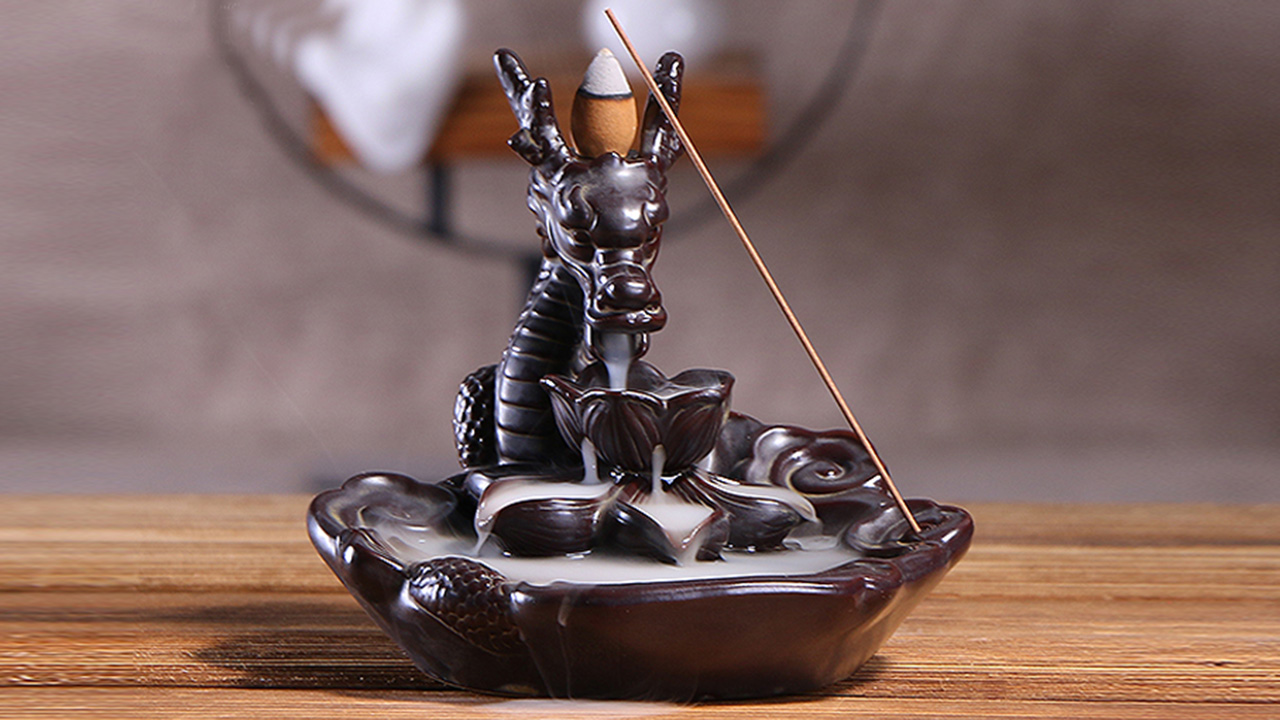China has a rich religious significance along with culture, and thus, the traditional Chinese incense has implicit meaning in festivals and festivities. As a means of paying homage to the ancestors, it is also utilized to pray to the deities and to give a good ambiance for reflection. To the present time, this age-old tradition continues to be an integral part of ceremonies for the sake of culture, harmony, mindfulness, and respect.
Incense in Major Festivals
The behavior of incense burning remains a traditional component in nearly all Chinese festivals, as well as respect and devotion. During the Lunar New Year, the Qingming Festival, and the Mid Autumn Festival, incense is burned at home, temples, and ancestral halls. Again, whether it be a ritual or not, this act entails something sacred to family, ancestors, and divinity. People burn them to pray for blessings and cleanse the environment and the area where people are farming so that they can enjoy the energy for events that are to take place.
Chinese New Year, Tomb Sweeping Day
Lunar New Year is one of the most widely known festivals where incense is essential. Other cultural activities that are performed in this event are activities such as incense offerings at the family altar for families. This practice is to pay respect to the ancestors, but not only that but to invite them into protectorship and help for the coming year. Similarly, incense burning participates in the same endeavors providing respect to dead kin in the Qing Ming Festival, also known as Tomb Sweeping Day. Many people burn incense, tidy the tombs, and offer food and drink to ensure that the spirits of their ancestors keep the families wealthy.
A Sign and A Feeling
Incense is not only a religious marked item; there is more to it than you could ever imagine. Some of the reasons make it useful in creating a peaceful atmosphere during the celebration events to facilitate the celebration mood. For instance, the scent of incense on wedding occasions symbolizes harmony and unity and gives the groom and bride a prosperous and peaceful life. Incense, whose smoke most frequently depicts a spiritual journey to the skies or the sign of prayers – yet another indication of its purpose with the gods. Apart from being significant symbolically as part of ceremonies, incense also contributes to the factor of feel or ambiance of Chinese festivals. The sandalwood scents, agarwood, and herbal mixes serve a warm feeling that brings us closer to our generation and pride in our culture. The scents carry down generations in good consolidation and discovery to the people of the high culture of Chinese traditions, which are far-reaching and timeless. Moreover, the incense holders and burners are quite complicated in shape, which can make spicy festival décor with the art and deep culture of the Chinese.
Conclusion
Incense in Chinese festivals is a good lesson about where we should similarly look at, pause, reflect, and reconnect. Its participation in celebrations reconciles past and current traditions and calls people to know the essence of such festivities. Thus, incense can still play a part in preserving the Chinese cultural heritage while complementing the establishment of family and community bonds.


